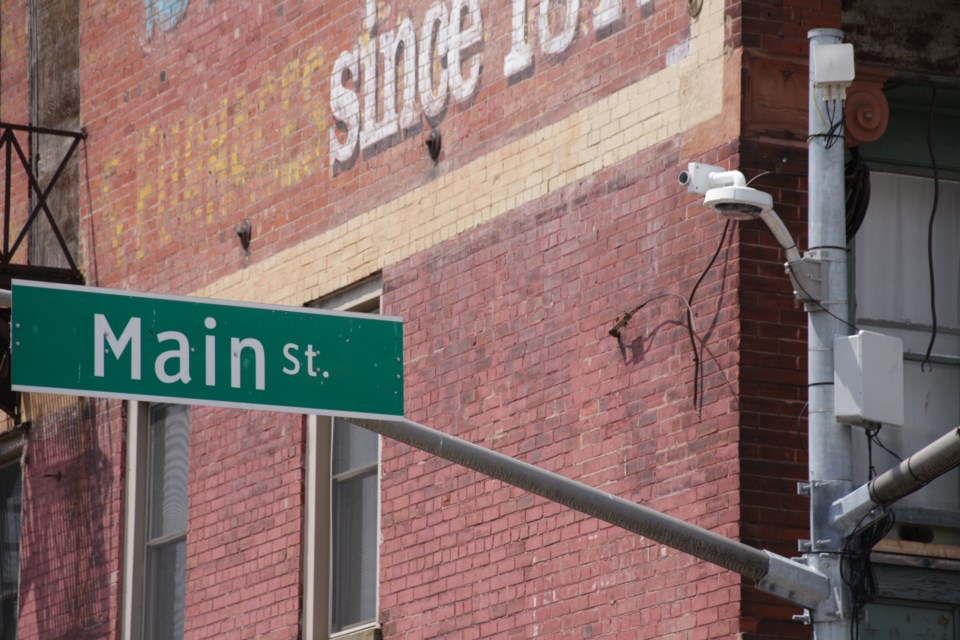The city is drafting a new policy around the use of surveillance cameras in downtown Galt and Preston.
This comes after an Information Privacy Commissioner investigation concluded the city hasn’t adequately demonstrated the need for their use and is lacking several key measures to protect the municipality from privacy complaints.
An investigation launched by the IPC in 2018 and an assessment that followed found a number of deficiencies related to public privacy and access to personal information.
A report on the commissioner’s key findings as well as the results of a recent Privacy Impact Assessment will be tabled for Cambridge councillors to review next week along with a recommendation staff create a draft policy on use of the cameras going forward.
Council first endorsed the use of security cameras in Galt’s core in 2017 and implemented Phase 1 of the project to install them in 10 different locations the following year.
A privacy complaint was filed soon after, as the city continued with Phase 2 of the project, installing more cameras on the Water Street side of the pedestrian bridge and along the Dan Spring Way Trail.
Phase 3 of the city’s Camera Project Surveillance System was approved for the Preston Town Centre as part of the 2019 capital budget process and installed earlier this year.
In the meantime, the city drafted a policy for staff to use in accordance with the surveillance system.
In June of this year, at the conclusion of the IPC investigation, the city hired a consultant to create a Privacy Impact Assessment (PIA) to guide its policy.
Most of the concerns raised by the privacy commissioner about the system were addressed in the rationale presented by the city for use of the cameras.
The city believes the images and information the cameras collect is “necessary to the proper administration of a lawfully authorized activity.”
The city claims there is “a real, substantial and pressing problem of public safety to be addressed by the use of its video surveillance system” and referred to police reports documenting the problems in Galt’s core.
The commissioner, however, said the city hadn’t adequately demonstrated the need for the cameras and doesn’t believe they’re necessary.
The PIA came to the same conclusion, saying there’s a risk the city isn’t in compliance with a section of the Municipal Freedom of Information and Protection of Privacy Act since there is scant information on why the city made the decision to install the cameras in the first place.
The PIA also found the city doesn’t have confidentiality agreements with its staff, lacks a current maintenance agreement for the cameras, incomplete information about the cameras’ technical capabilities and a privacy policy that lacks clear information on how to contact the privacy officer or how to make a complaint.
The collection, use and disclosure of personal information collected by the cameras is, however, in accordance with the Privacy Act, according to the commissioner’s findings.
In addition to use by law enforcement, members of the public can access video records from the cameras through a freedom of information request.
In addition to drafting a new policy and strengthening existing ones, the city says it is taking a number of actions as recommended by the PIA, including adding signs notifying the public of video surveillance, ensuring staff receive proper training, ensuring recording devices are stored in a safe and secure location, and creating quarterly reports about any privacy breaches that occur.



